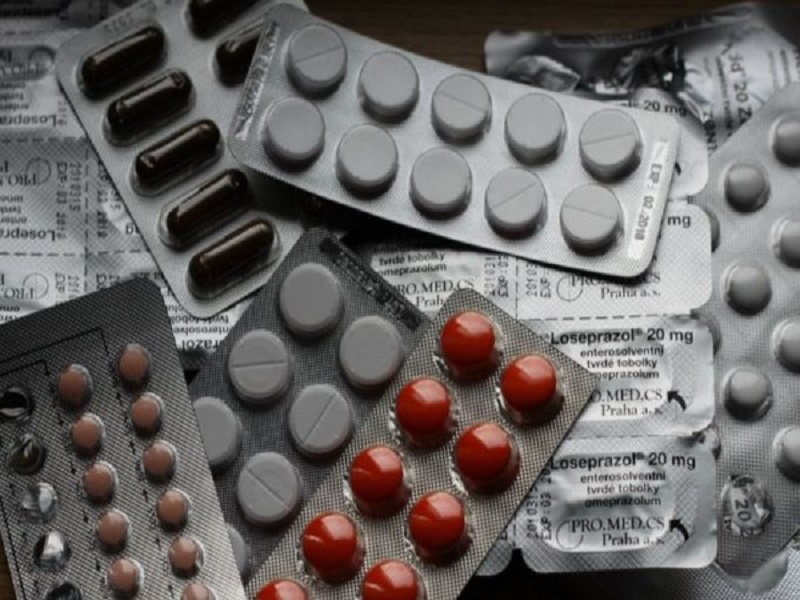

Chinese researchers have found that a commonly used hypertension drug is effective in reducing COVID-19 infection in cells and the mouse lung.
The findings by researchers from Harbin Veterinary Research Institute, Chinese Academy of Agricultural Sciences, were published in the latest issue of the journal Plos Pathogens.
Their conclusion is based on a study to test whether diltiazem could inhibit the replication of SARS-CoV-2 in cells and in a mouse model.
Diltiazem, a drug known as calcium channel blockers, is used to treat high blood pressure. It works by relaxing the muscles of the heart and blood vessels. The drug has been approved in the United States since 1982 and is widely used in clinical practice for many indications, including hypertension and angina, according to the study.
Previous research shows that the drug mainly targets Cav1.2 α1c, a typical protein coded by the calcium voltage-gated channel subunit alpha 1 C gene.
In this new study, Cav1.2 α1c was found to interact with SARS-CoV-2 spike protein and human cellular receptor ACE2, which plays a number of roles in regulating blood pressure, blood volume and inflammation.
In experiments conducted on mice, the researchers discovered that whether one hour before or six hours after SARS-CoV-2 exposure, an intramuscular diltiazem dose of 5 mg/kg can significantly lower the viral infection in mice.
When given one hour before SARS-CoV-2 exposure, an intranasal diltiazem dose of 0.01 mg/kg can also significantly reduce the infection in mice, which further champions the hypertension drug as a preventive or therapeutic potential against COVID-19.
The results suggest that diltiazem could be a candidate for COVID-19 treatment and Cav1.2 α1c is a promising target for anti-COVID-19 drug development.